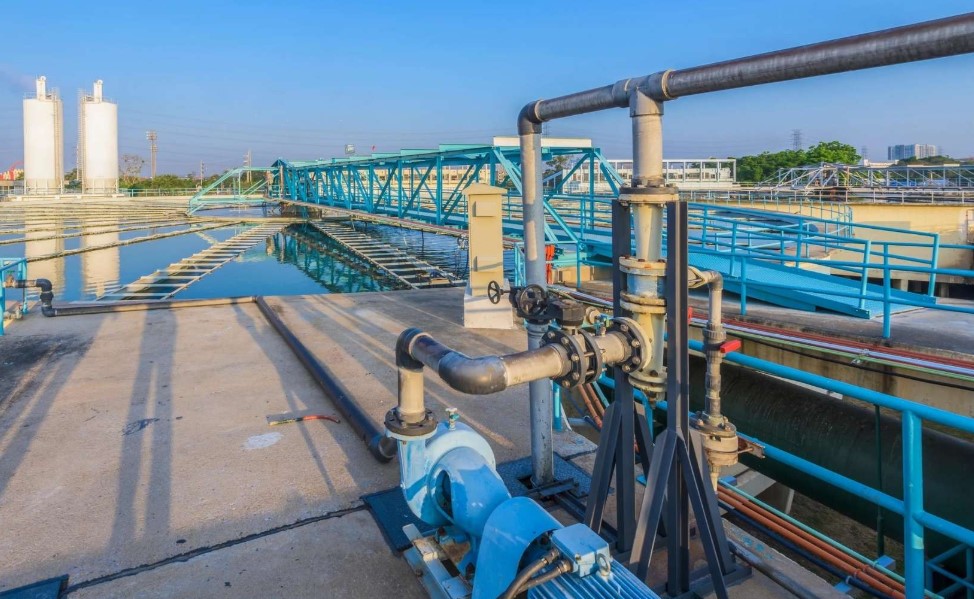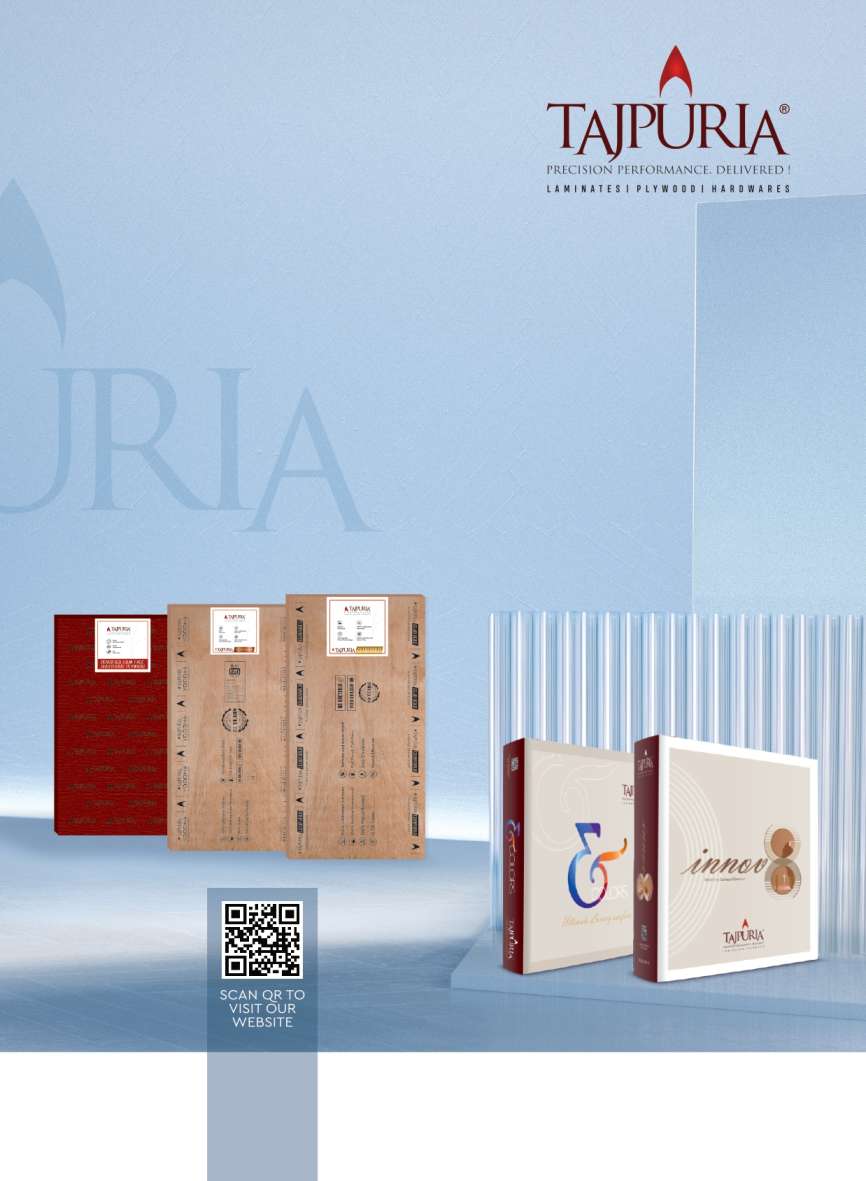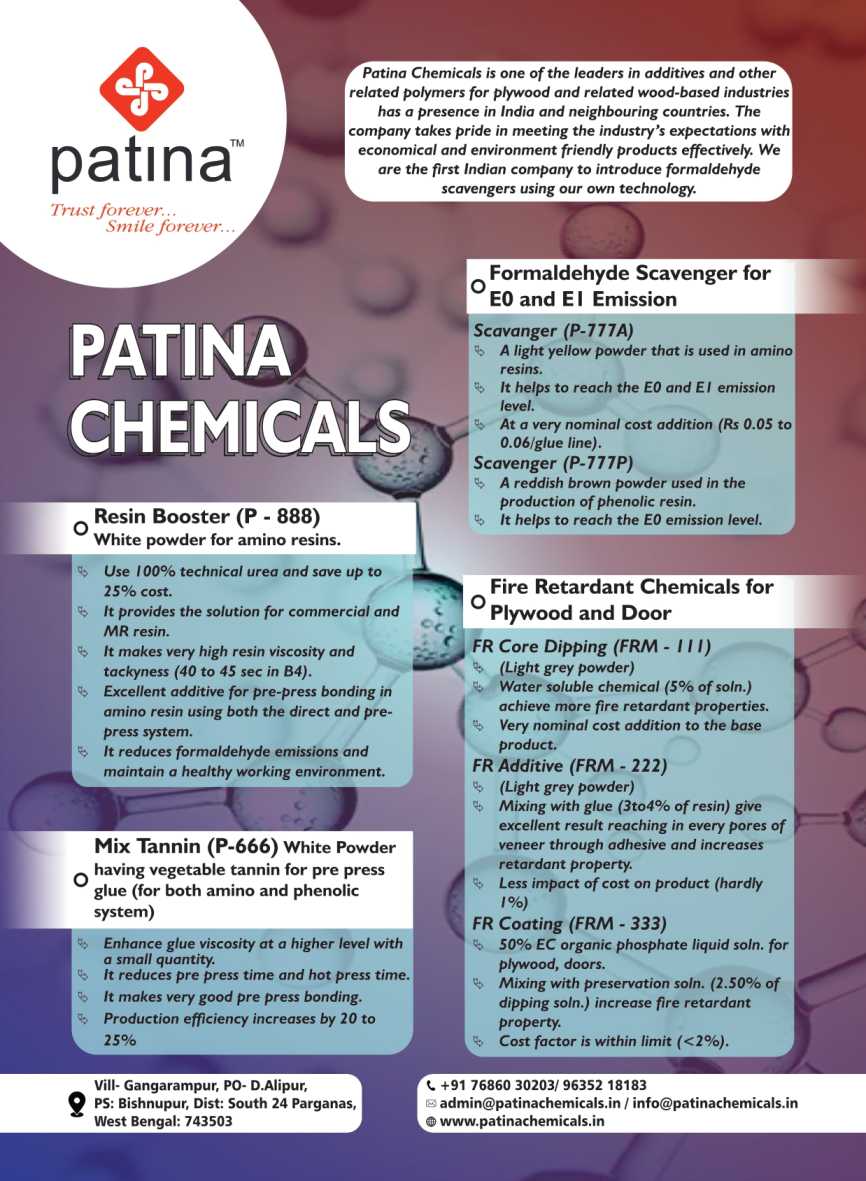
Govt floats mandate to reuse waste water
- December 9, 2024
- 0
The government has proposed regulations aimed at reducing water waste, with new mandates that set a bold target: Up to 50 per cent wastewater reuse by 2031 for bulk consumers.
These regulations will require entities consuming over 5,000 litres daily to register with authorities and implement comprehensive wastewater treatment measures.
The MoEFCC’s proposed framework highlights Extended User Responsibility (EUR), which requires users to treat and reuse wastewater in proportion to their consumption levels For new bulk users, the minimum reuse mandates will gradually ramp up.
The Ministry of Environment, Forest, and Climate Change (MoEFCC) detailed these requirements in its recent proposal, dated October 7.
Residential societies, for instance, will start at a 20 per cent reuse requirement in the 2027-28 financial year (FY2028), progressing to 50 per cent by Fy2031.
Institutional and commercial establishments, from both the public and private sectors, face a similar trajectory: Beginning with 20 per cent wastewater reuse and then escalating to 40 per cent by Fy2030.
Industrial facilities are expected to meet a stiffer target – reusing 90 per cent of their wastewater by FY2031.
In these new draft rules, the term “wastewater” encompasses blackwater, greywater, and other effluents. Blackwater is defined as waste from liquid-flushing toilets, urinals, and fixtures – such as sinks, baths, showers, toilets, urinals, dishwashers, clothes washers, or floor drains used for receiving liquid waste.
Public comment on these draft regulations is open for 60 days, with the final rules expected to take effect by October, 1, 2025.
The initiative singles a growing urgency in India’s quest to conserve water, a resource increasingly strained by the demands of a burgeoning population and industrial growth.
































































